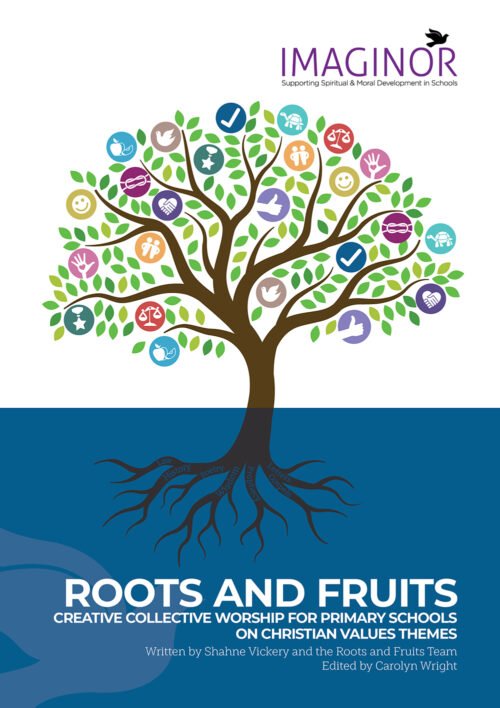Collective Worship
Collective worship is often referred to as the beating heart of a church school as it offers a wonderful opportunity for all members of the community to meet together, explore issues together, think through questions together, and respond to others and, for some, to God. At Hazlemere C of E Combined School, this is no different.
We are committed to offering high quality collective worship, recognising and valuing collective worship as central to fostering a sense of community and to expressing the school’s Christian vision - 'Encourage one another and build one another up.'
Collective worship in our school is inclusive, invitational and inspiring and intentionally ensures that Collective Worship enables pupils and adults to flourish spiritually (SIAMS 2023).
Inclusive
We aim to offer children the opportunity, without compulsion, to discuss and reflect on their own spirituality.
Invitational
We offer everyone the opportunity to engage in collective worship, whilst allowing the freedom for those of other faiths and none to be present with integrity.
Inspirational
We aim to ensure that worship is creative and inspires children, through music, liturgy, stories and reflection time.
Daily Worship
At the start of every Worship, we invite the whole community to worship with us through the words:
Leader: "This is the day that the Lord has made."
All: "We will rejoice and give thanks in it."
Our daily act of Collective Worship is led both by both teachers and members of the local church. Through a rounded programme, we help to promote spiritual, moral, social and cultural development. We focus each half term on a different Christian Value.
During the week, we organise our Collective Worship in the following way:
Monday - Headteacher Whole School Assembly (focus on Christian values and our school vision, Bible study)
Tuesday - Whole School Worship Assembly
Wednesday - Church Whole School Assembly
Thursday - Class Collective Worship
Friday - Celebration and reflection of Christian Values
Each half term as part of our class collective worship, we focus on a different theme from 'Roots and Fruits' to promote our Christian values through our collective worship and our classroom practice. This links to the Liturgical Calendar and celebrations throughout the year.
For Autumn 1, we are focusing on the theme of 'Thankfulness', in the lead up to our Harvest Festival. 
- Thankfulness (Celebrating Harvest)- Autumn 1
- Trust (Celebrating Advent) - Autumn 2
- Perseverance (Celebrating Epiphany) - Spring 1
- Justice (Celebrating Lent & Easter) - Spring 2
- Service (Celebrating Pentecost) - Summer 1
- Truthfulness (Celebrating Trinity) - Summer 2
The session follows the format of Windows, Mirrors and Doors to develop our thinking about spirituality.

Symbolised by a window, the learning element is when new possibilities or different perspectives are 'opened up' through the use of drama, visual images, poetry or puppetry based on Bible stories or other texts.
What does this look like from the perspective of our vision?

Symbolised by the mirror, the reflecting element encourages everyone to consider how the Bible story or stimulus has resonated with, or challenged them. Usually, 'searching questions' are offered as a focus for reflection. Sometimes a guided meditation is suggested for a few moments of silence.
What does this learning mean as I think about my understanding of myself?
What does this learning mean for my understanding of others?
What does this learning mean for my understanding of God?
What does this learning mean for our school community, with our vision?
What does this learning mean for the wider world?

Responding has the symbol of the door and provides an opportunity to consider how God might be challenging those present in the worship to 'step out' and play their part in making a difference in the world, either as individuals or part of the whole school community.
How has our learning helped?
Has there been a change in attitude, behaviour or thinking?
What questions has this learning made us ask? And answer?
What actions might this learning encourage us to take?

